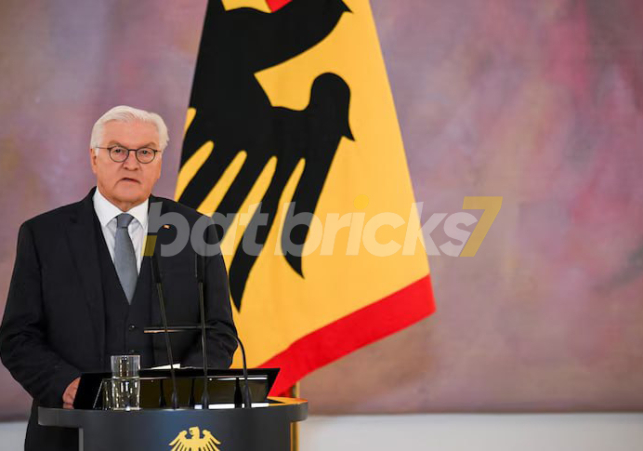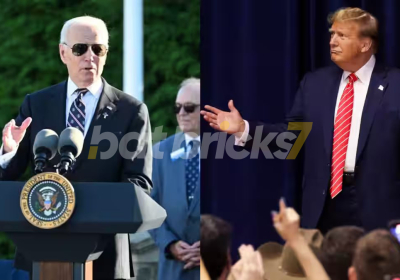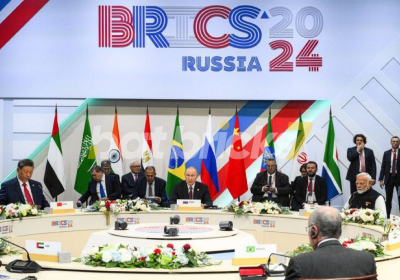German President Frank-Walter Steinmeier has Dissolved the Country Lower House of Parliament to Pave the Way for Snap Elections on February 23

Germany's president dissolves parliament ahead of February 23 snap election
German President Frank-Walter Steinmeier has dissolved the country's lower house of parliament to pave the way for snap elections on February 23.
This comes following the collapse of Chancellor Olaf Scholz's three-way coalition in November.
"I have decided to dissolve the 20th German Bundestag to fix the date for an early election for February 23rd," Mr Steinmeier said in a speech.
"Political stability in Germany is a precious asset," he added.
Leaders of several major parties then agreed that a parliamentary election should be held on February 23, seven months earlier than originally planned.
Mr Scholz lost a confidence vote in parliament earlier this month after the departure of Finance Minister Christian Lindner's Free Democrats left his government without a legislative majority.
Election campaigning begins
In practice, the campaign is already well underway.
The latest vote kicked off election campaigning in earnest, with conservative challenger Friedrich Merz claiming that the incumbent government had imposed excessive regulations and stifled growth.
Current political polls suggest Mr Merz is likely to replace Mr Scholz.
The conservatives have a comfortable lead of more than 10 points over the SPD in most polls.
The far-right Alternative for Germany (AfD) is slightly ahead of Scholz's party, while the Greens are in fourth place.
At this stage, the mainstream parties have refused to govern with the AfD, but its presence complicates the parliamentary arithmetic, making unwieldy coalitions more likely.
Mr Scholz has outlined a list of measures that could pass with opposition support before the election, including billions in tax cuts and an increase in child benefits already agreed on by former coalition partners.
The conservatives have also hinted they could back measures to better protect the Constitutional Court from a future populist or anti-democratic government.
Since the post-World War II constitution doesn't allow the Bundestag to dissolve itself, it was up to Mr Steinmeier to decide whether to dissolve parliament and call an election.
German law states once parliament is dissolved, the election must be held within 60 days.
The country's electoral system traditionally produces coalitions, and polls show no party anywhere near an absolute majority on its own.
It's only the fourth time that the Bundestag has been dissolved ahead of schedule under Germany's post-World War II constitution






